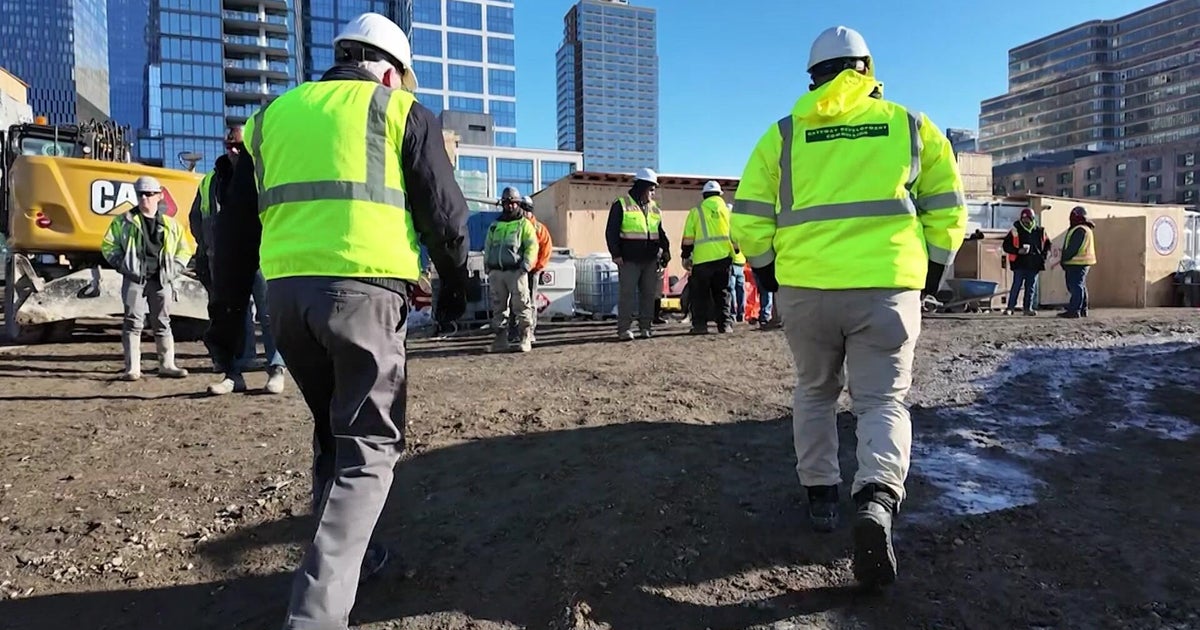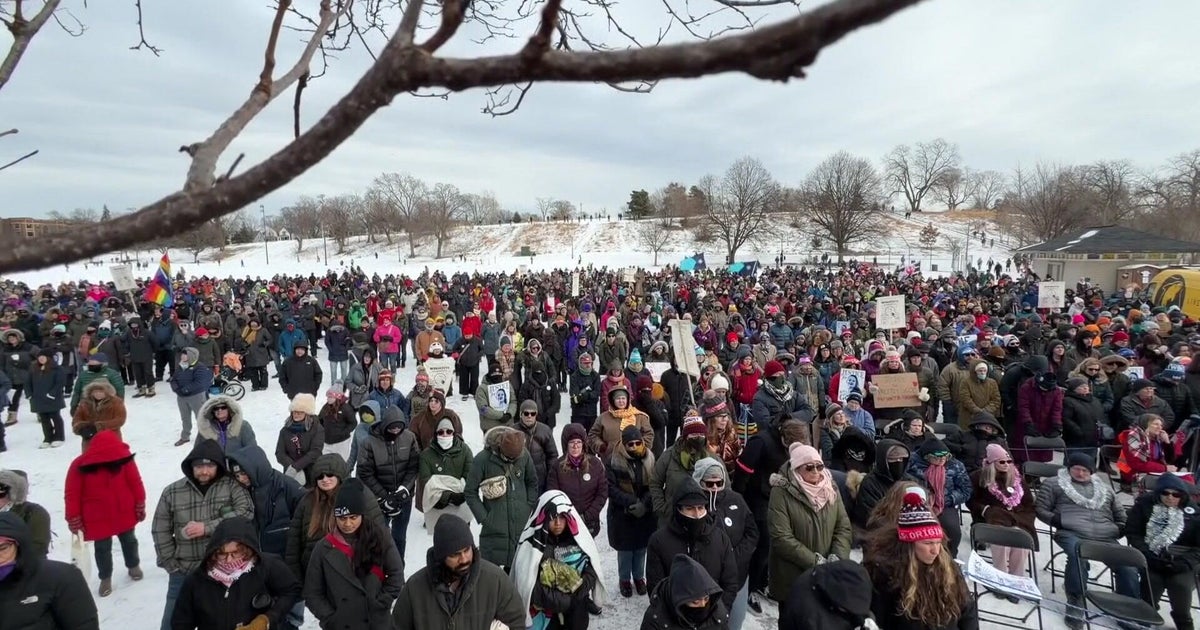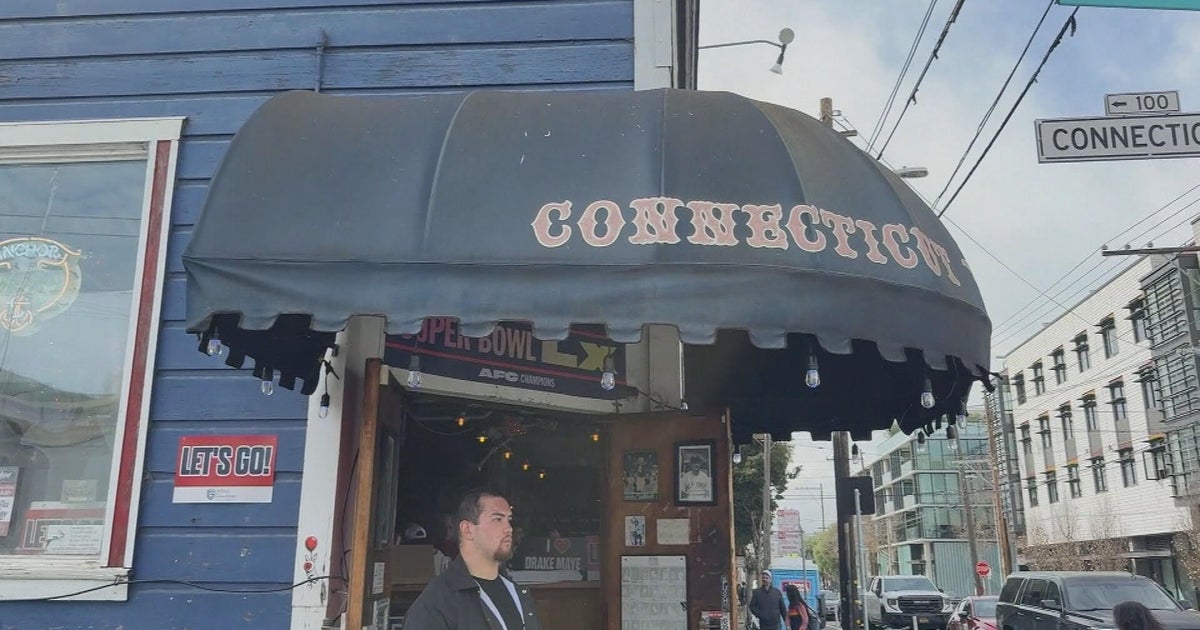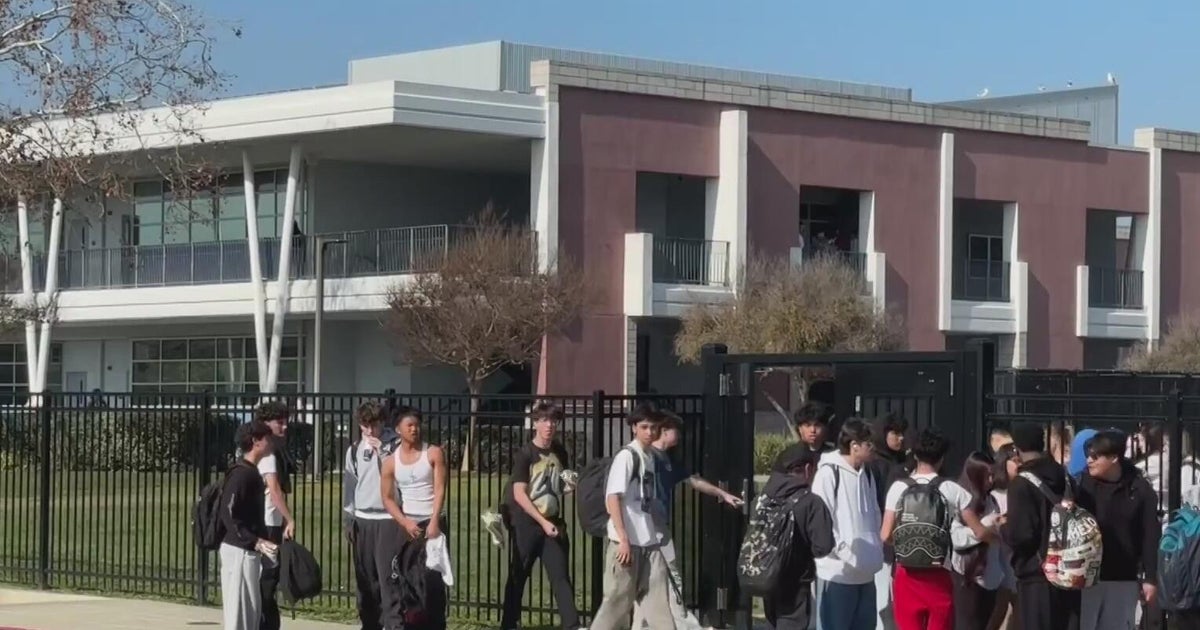Partial Government Shutdown Irritates Americans
NEW YORK (AP) — The partial government shutdown that began Tuesday threw into turmoil the household finances of some federal workers, with many facing unpaid furloughs or delays in paychecks.
Read: What's Open, What's Closed
Park ranger and father-to-be Darquez Smith said he already lives paycheck to paycheck while putting himself through college and worried how he'll fare if the checks stop coming.
"I've got a lot on my plate right now — tuition, my daughter, bills," said Smith, 23, a ranger at Dayton Aviation Heritage National Historical Park in Ohio. "I'm just confused and waiting just like everyone else."
Robert Turner, 45, a building mechanic at the Smithsonian's American History museum in Washington, said he and co-workers were heading in for several hours to turn off the water and take out the trash. Then, he planned to go to Ocean City, Md., and return when he's called back.
"After next week if we're not working I'm going to have to find a job," Turner said, explaining he doesn't want to have to eat into savings.
A Monday deadline to avert the shutdown passed amid a budget impasse in Congress, leaving thousands of federal workers idled and most non-essential government services halted for the first time in nearly two decades. Millions of Americans were unable to get government services ranging from federally backed home loans to supplemental food assistance for children and pregnant women.
IMMEDIATE AND FAR-REACHING IMPACT
The impact of the shutdown was mixed — immediate and far-reaching for some, annoying but minimal for others.
In Colorado, where flooding killed eight people earlier this month, emergency funds to help rebuild homes and businesses continued to flow — but federal worker furloughs were expected to slow it down.
National Guard soldiers rebuilding washed-out roads would apparently be paid on time — along with the rest of the country's active-duty personnel — under a bill passed hours before the shutdown. Existing Social Security and Medicare benefits, veterans' services and mail delivery were also unaffected.
AGENCIES HIT HARD
Other agencies were harder hit — nearly 3,000 Federal Aviation Administration safety inspectors were furloughed along with most of the National Transportation Safety Board's employees, including accident investigators who respond to air crashes, train collisions, pipeline explosions and other accidents.
Almost all of NASA shut down, except for Mission Control in Houston, and national parks closed along with the Smithsonian museums and the National Zoo. Even the zoo's popular panda cam went dark, shut off for the first time since a cub was born there Aug. 23.
Federal workers would not see their pay affected right away. If a shutdown continues, all employees can expect to be paid on schedule on Oct. 15, 2013, for hours worked from Sept. 22 through Sept. 30.
'MEANS A LOT TO A LOT OF PEOPLE'
Still, Marc Cevasco, who works in the Department of Veterans Affairs, said as he waited for a bus Tuesday that the uncertainty of how long the shutdown would last is making some people uneasy.
"Even if it's just shut down for a week that's a quarter of your pay this month. That means a lot to a lot of people," he said.
Cevasco, 30, said he had been told his office had enough money to pay workers for Tuesday, so he was keeping his appointments. But he could have to turn in his phone later in the day and go home until the government reopens.
Visitors to popular parks made their frustration with elected officials clear.
Read: Shutdown Hurts Mass. Historic Sites
"There has to be better ways to run the government than to get to a standstill like this," said Cheryl Strahl, 67, of Atascadero, Calif., who attempted to visit the Statue of Liberty but was instead offered a 60-minute ferry cruise around New York Harbor.
"Why take it out on the national parks?" she said. "There are other places they can take it out on."
'IT'S FRUSTRATING'
"It's frustrating," agreed Editha Heberlein, 56, of Springfield, Va. "Hopefully Congress can get their act together just for the sake of everybody."
In Washington, visitors to the National Mall found locked doors, black metal barricades and yellow caution tape blocking entrances to tourist attractions just hours after the shutdown. Fountains at the World War II Memorial were shut off.
"Why the heck does this have to be closed?" said Deb Cavender, 44, of Ames, Iowa, as she and her husband were making their way toward the memorial.
It turns out an institution as massive as the federal government takes some time to grind to a total halt: Many federal workers were being permitted to come in Tuesday to change voicemail messages or fill out time cards. But after that, they were under strict orders to do no work, even check their email.
With no telling how long the standoff will last, even programs not immediately affected could run out of cash.
Barbara Haxton, executive director of the Ohio Head Start Association, said its preschool learning programs would be in jeopardy if a shutdown lasted more than two weeks. Automatic budget cuts in March meant nearly 3,000 children lost access to services and there could be dire consequences if the budget standoff drags on, she said.
"It's not as though this is a throwaway service. These are the poorest of the poor children," Haxton said. "And our congressman still gets his paycheck. His pay doesn't stop and his health insurance doesn't stop."
___
Associated Press writers Joe Frederick in New York, Jessica Gresko, Brett Zongker and Joan Lowy in Washington, and Amanda Lee Myers in Cincinnati contributed to this report.
Copyright 2013 The Associated Press. All rights reserved. This material may not be published, broadcast, rewritten or redistributed.







